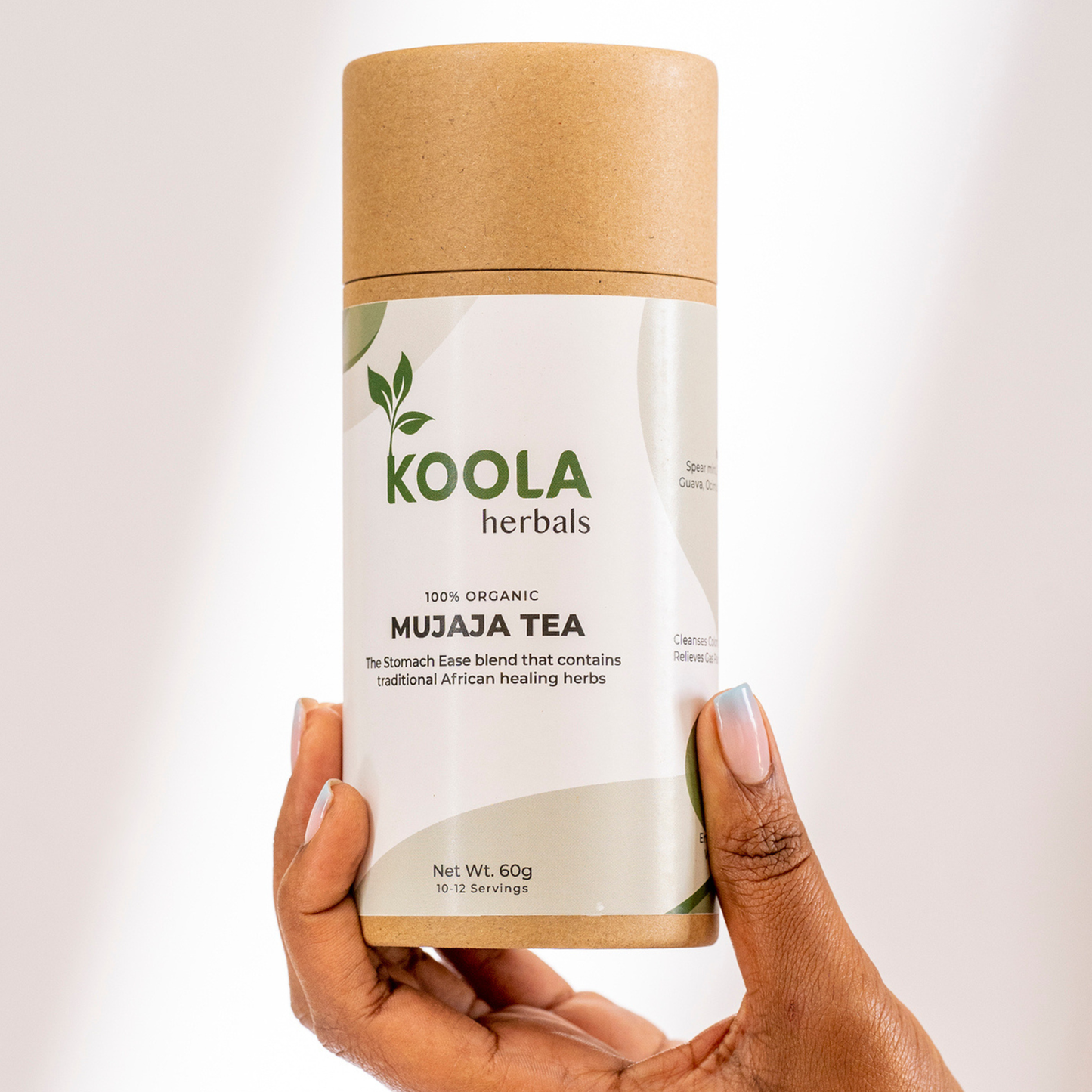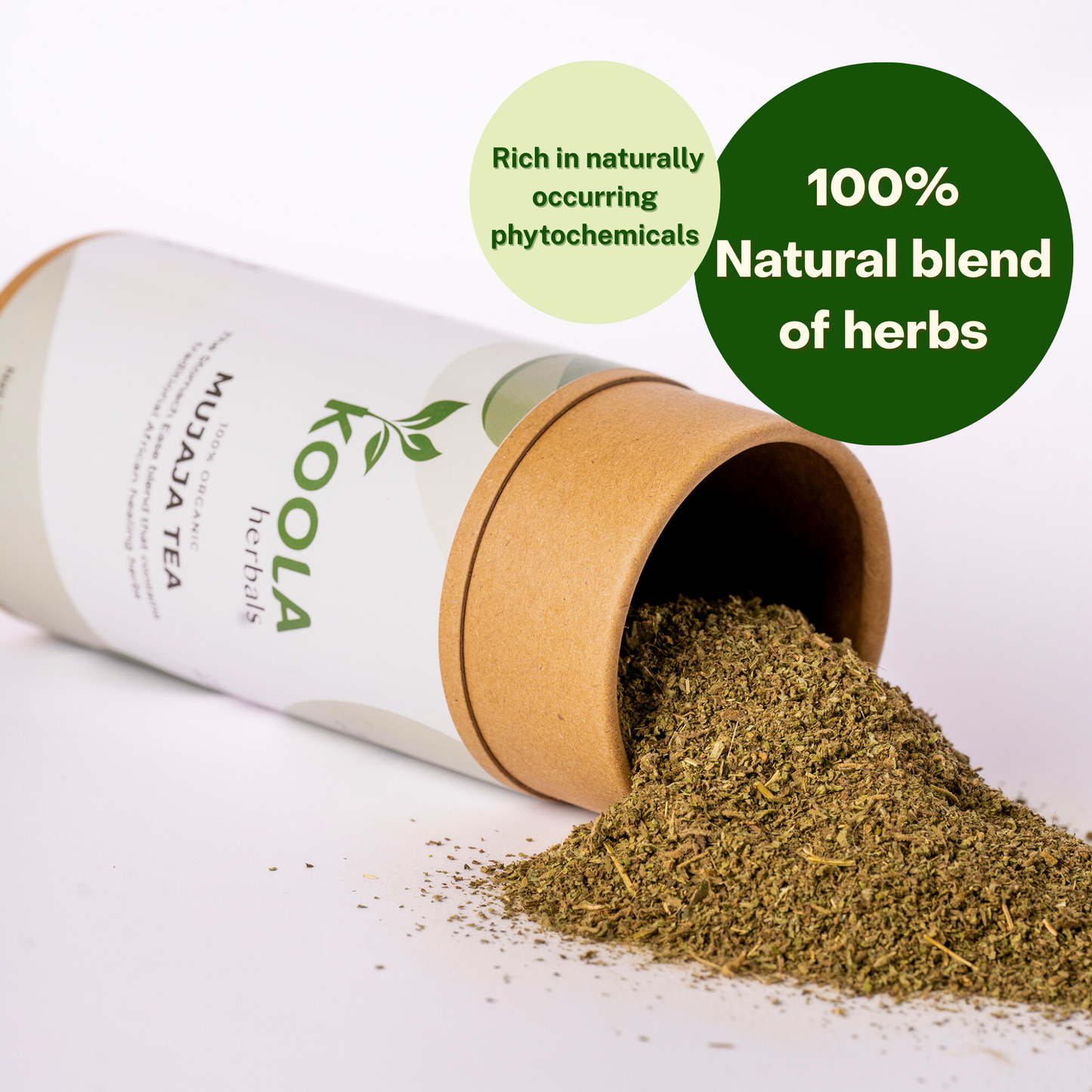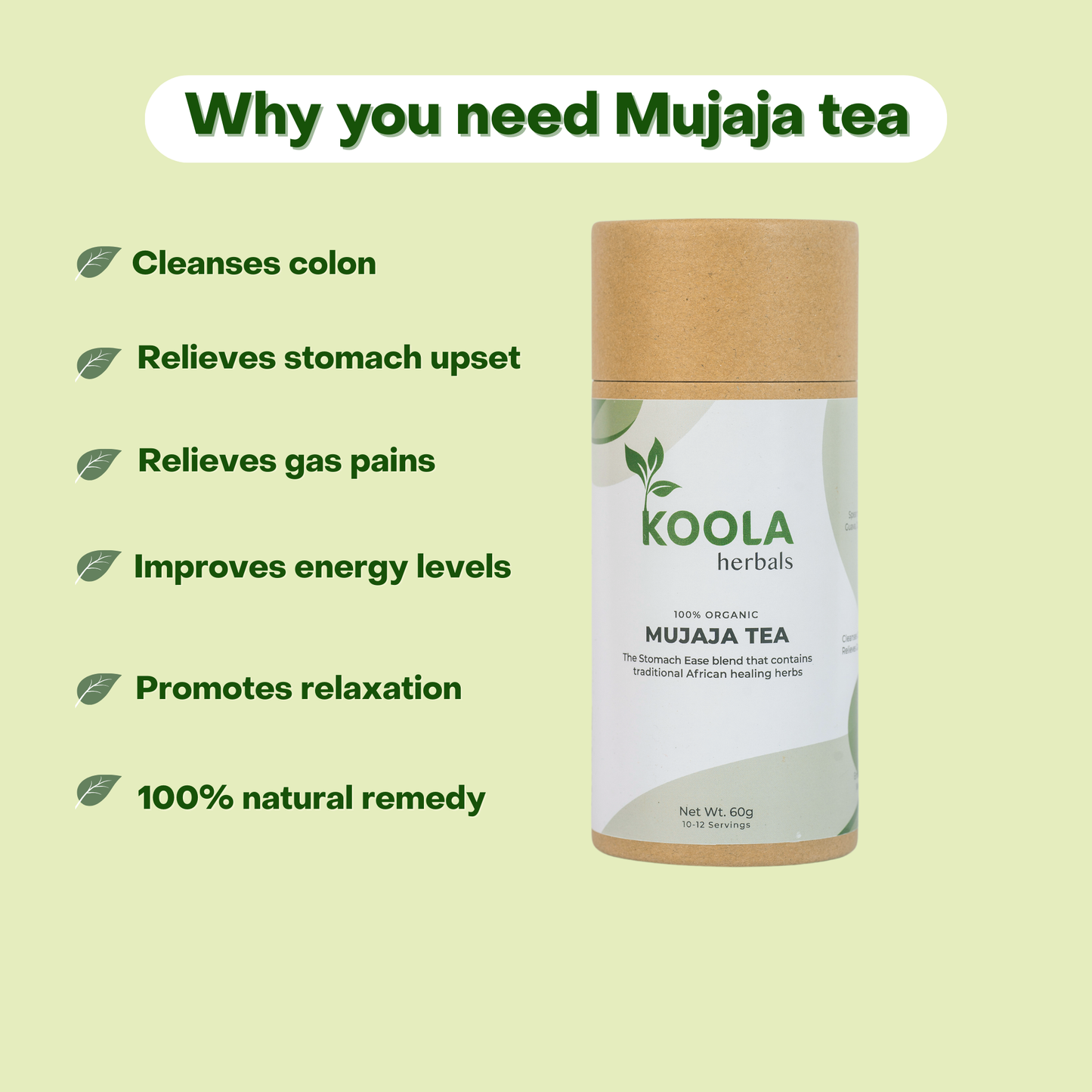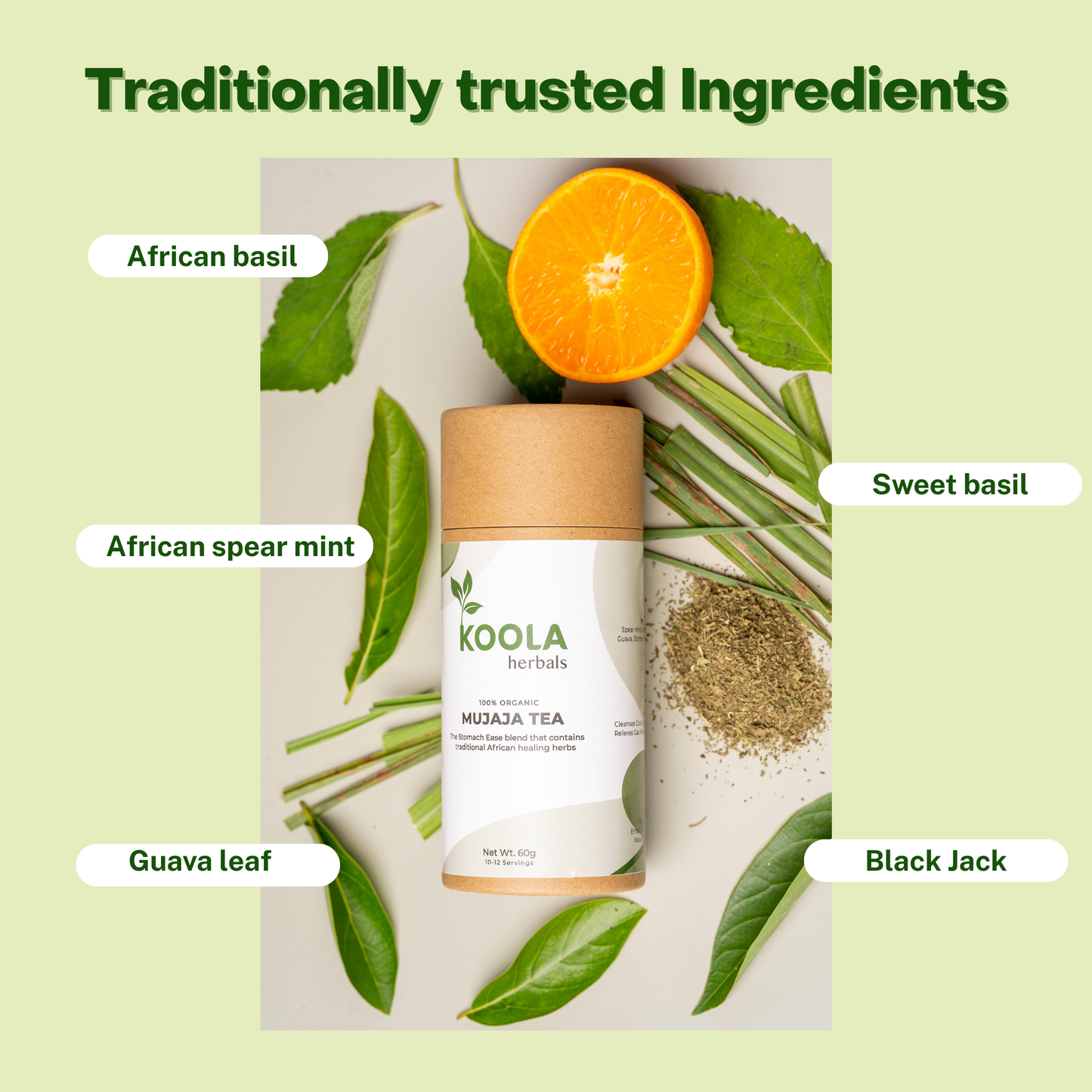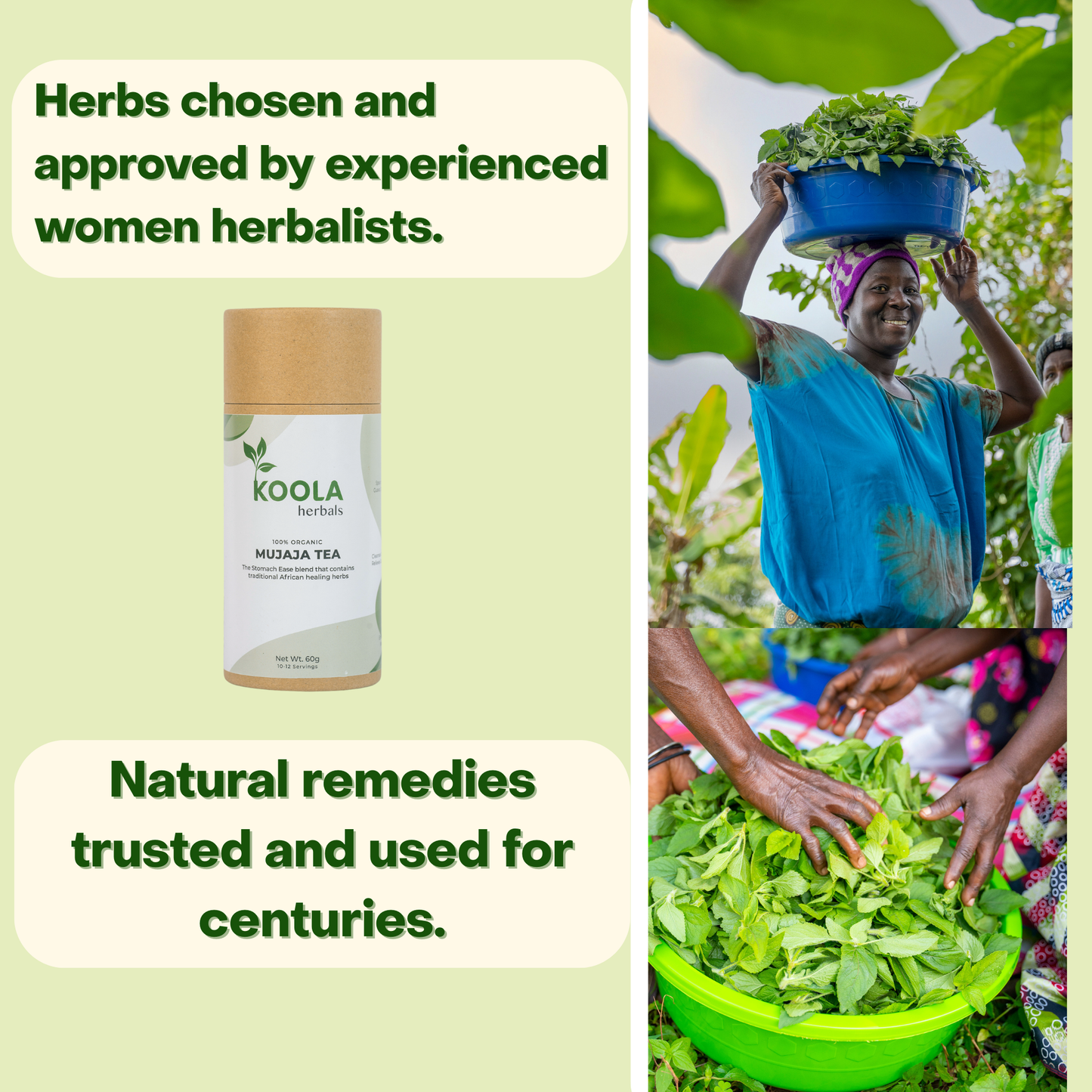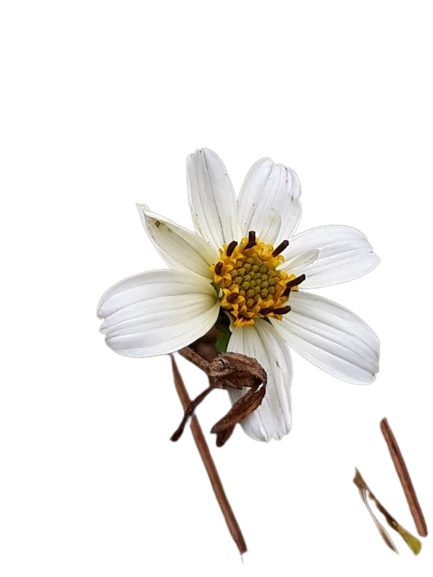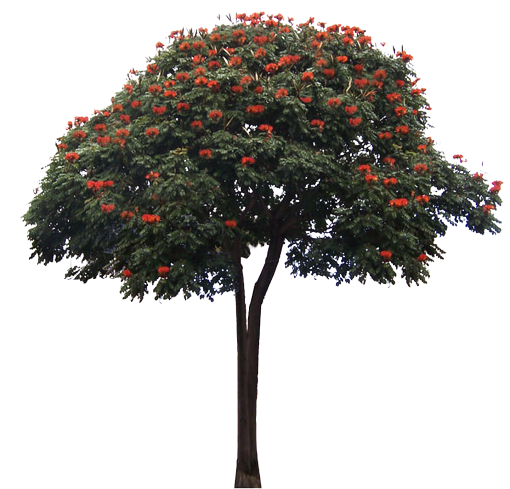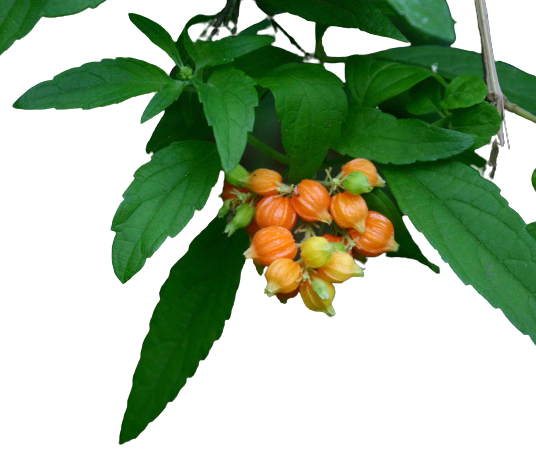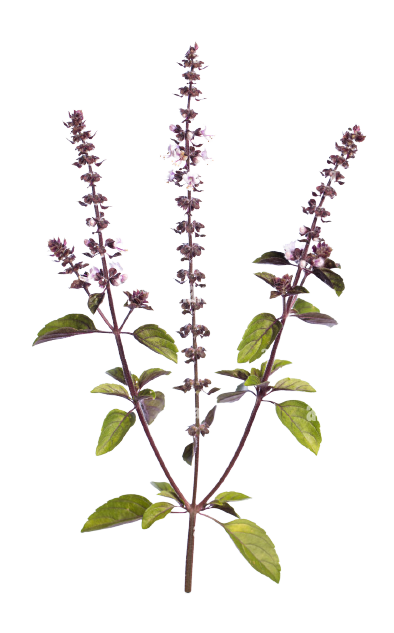Vernonia grantii is a species of the Vernonia genus, part of the Asteraceae (daisy) family, and is native to parts of tropical Africa. It is a leafy, shrubby plant often found in forested or savanna regions. Like other Vernonia species (such as Vernonia amygdalina, commonly known as bitter leaf), V. grantii is known for its bitter taste and is used in both traditional cuisine and medicine.
Harvesting typically involves collecting the leaves and sometimes the stems. The leaves are harvested by hand, either fresh or after partial drying, and are used directly or processed (pounded, boiled, or dried) depending on the intended use.
As a spice, Vernonia grantii is not a spice in the conventional sense but is used in cooking for its distinctive bitter flavor. The leaves may be boiled to reduce bitterness and are often included in traditional soups and stews, especially in West and Central African cuisine.
Medicinally, Vernonia grantii is used in traditional herbal medicine to:
- Treat fevers and malaria-like symptoms
- Aid digestion and relieve gastrointestinal issues
- Support liver function
- Act as a general detoxifying agent
- Reduce inflammation and support immune health
Vernonia grantii is a species of the Vernonia genus, part of the Asteraceae (daisy) family, and is native to parts of tropical Africa.
